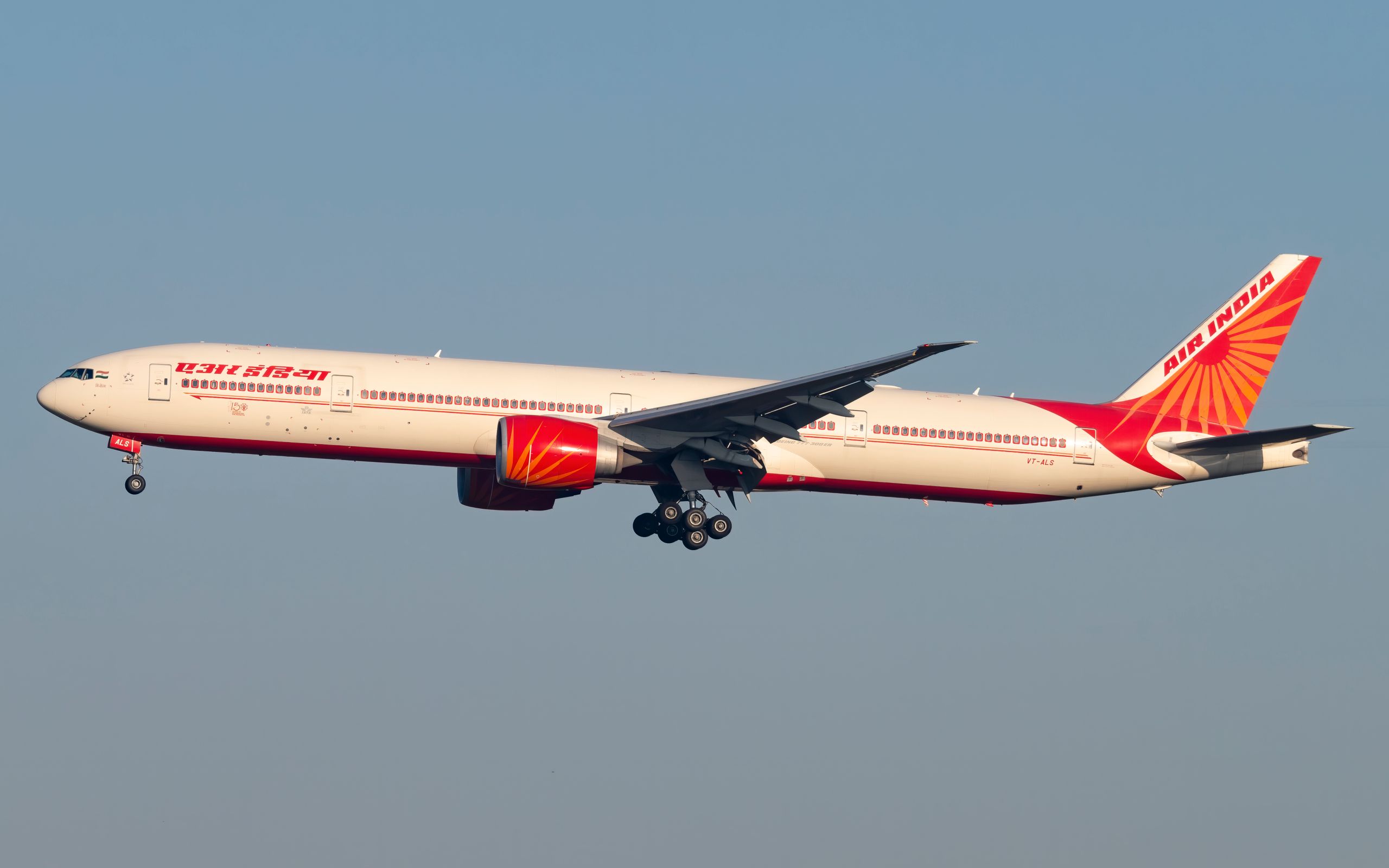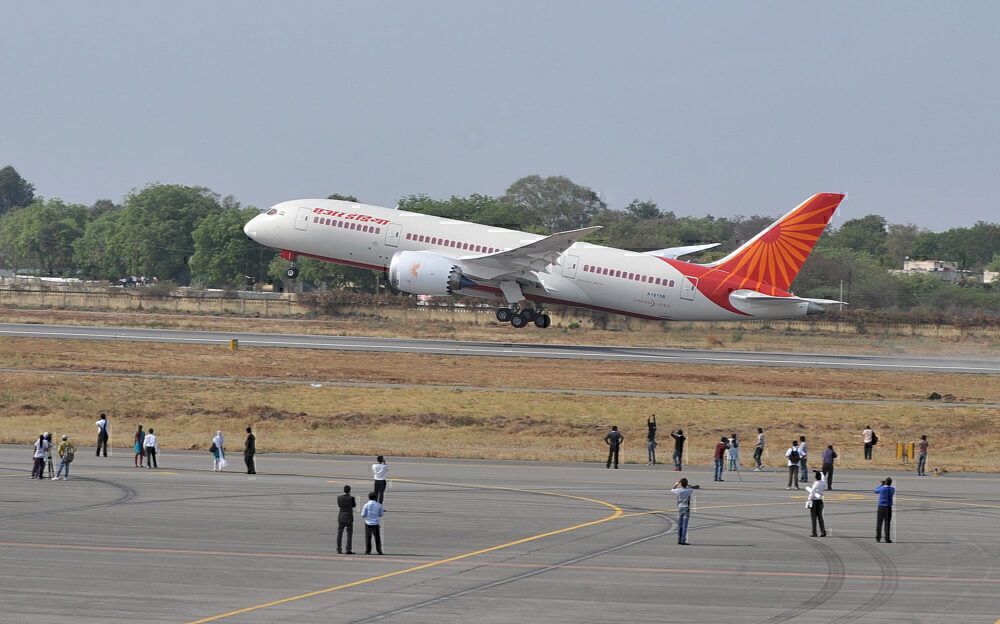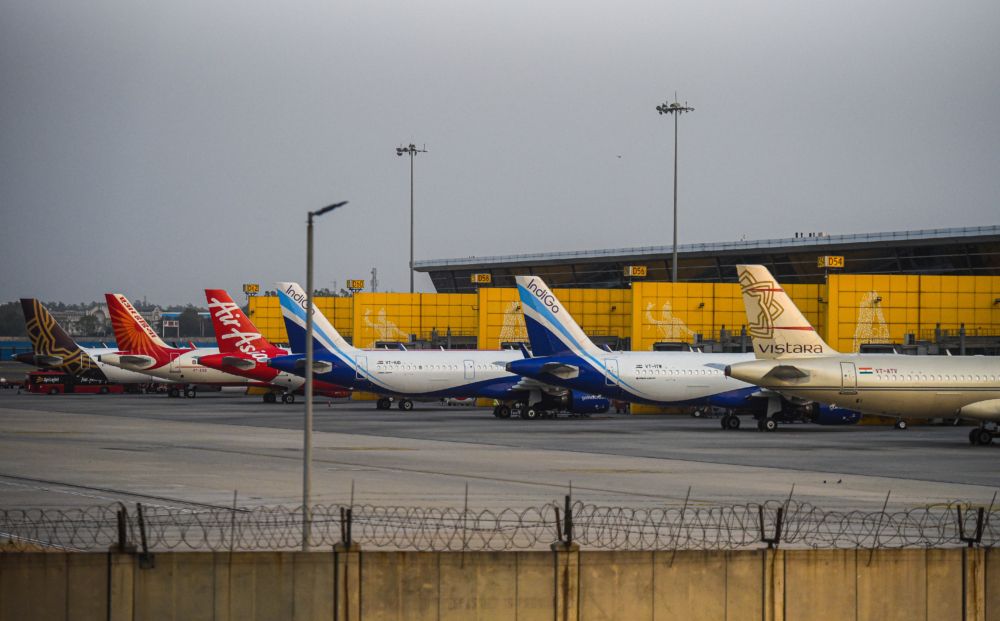With a new variant sweeping the globe and setting off alarm bells, the Indian government has announced new restrictions for travelers. All passengers arriving from high-risk countries, which include Europe and southern Africa, will need to take a negative PCR test at the airport and quarantine from 1st December. However, India has not imposed any travel bans as of yet.
New restrictions
In a late-night circular yesterday, India announced new restrictions on travelers from select countries starting 00:01 IST (05:31 GMT) on 1st December. The rules apply to passengers who have been in the following destinations:
All European countries (including the UK), Brazil, Bangladesh, Botswana, China, Hong Kong, Israel, Mauritius, New Zealand, Singapore, South Africa, and Zimbabwe.
If you fall into this list and arrive after midnight Wednesday, there are new rules to follow. All high-risk arrivals are required to take a self-paid COVID-19 test upon arrival. Passengers will then have to await their test results, a process that could take 6-8 hours or more. If negative, travelers have to self-quarantine at home for 7 days before taking another PCR test to end quarantine.
For passengers not in one of the high-risk countries, the rules remain almost the same. While all travelers can proceed home without testing, a random 5% of passengers will have to take a PCR test on arrival for active surveillance. The government will cover the cost of the test, and it will be processed on priority, but they will have to wait for their results before leaving.
Impacting travel
The new rules are likely to cause a big hit to recovering international travel. India only opened its border to foreign tourists six weeks ago, relying on vaccinations to allow most to skip an arrival test or quarantine. However, that is no longer possible, and restrictions are back into effect.
All of these changes are being driven by the Omicron variant, or B1.1.529. First detected in Botswana and rapidly spreading through southern Africa, this variant could have the ability to evade vaccine-given immunity and spread faster than Delta. Cases have since popped in dozens of countries across the globe, leading to more border controls.
Countries have taken varying approaches to the new variant. While Israel has banned all non-residents from entering for at least 14 days, the UK has reimposed mandatory quarantines until a Day 2 PCR test for all arriving passengers. Most countries have only restricted travel from southern Africa currently, which has the most cases. However, it's quickly becoming clear that this variant is already global.
For now, we know little about the properties of the variant, raising hopes that it might be better than it sounds. However, after the last two years, countries would rather move early to close borders than face even another surge.
What do you think about India's new rules? Should they be eased or further tightened? Let us know in the comments!



